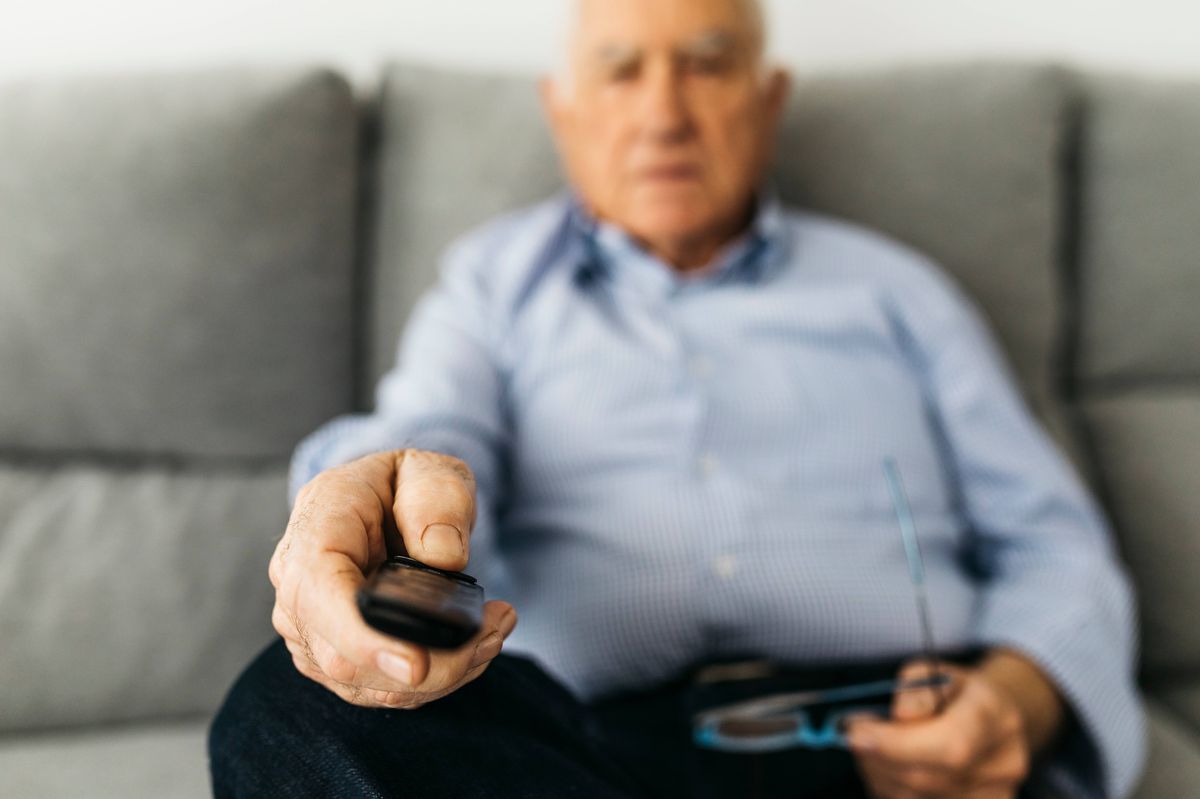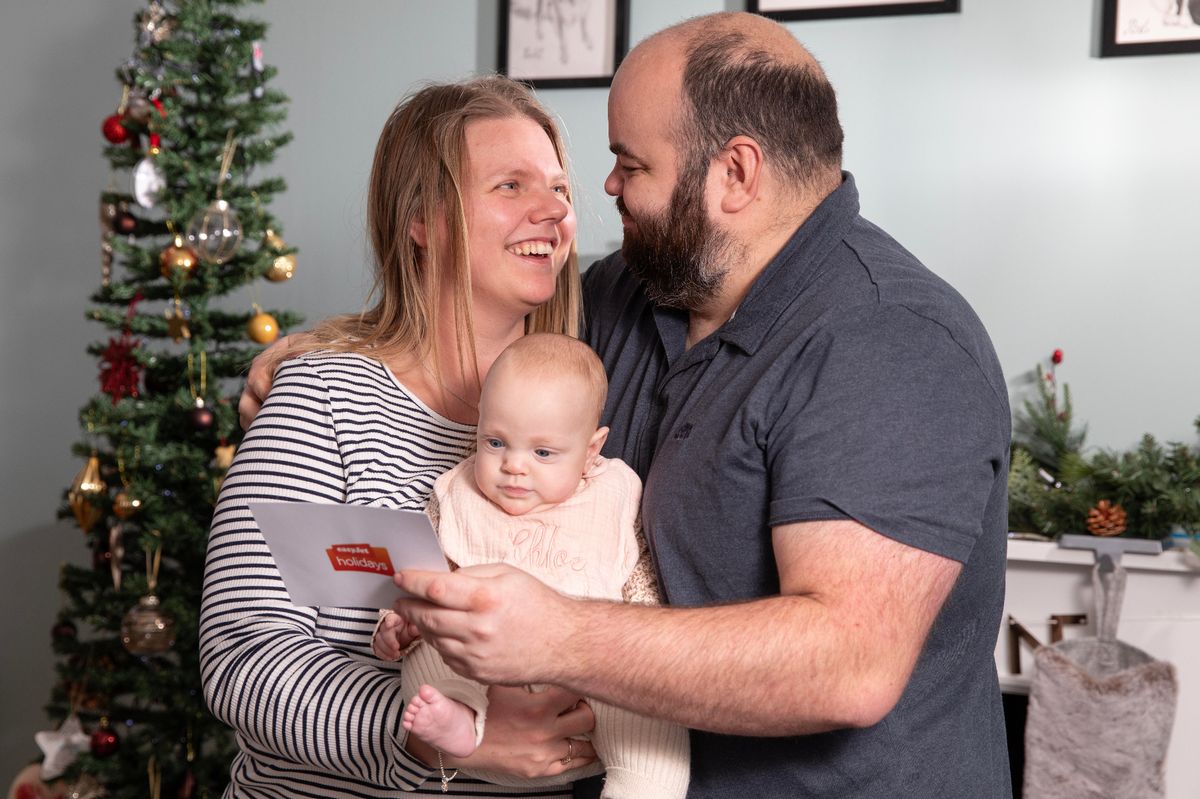Standard TV licences usually cost £174.50 annually, while the black-and-white licence fee now stands at £58.50
The standard TV Licence fee increased for many last year, with the Government raising the price to £174.50 in April 2025. This annual charge is generally required for households or businesses that watch live television or use the BBC iPlayer.
However, it may come as a surprise that certain people could qualify for a free or discounted licence under specific circumstances. These reductions could also be applicable to those with black-and-white TV sets, which typically incur an annual cost of £58.50 under the licence scheme.
According to Government guidelines, people over 75 years old who receive Pension Credit are primarily eligible for a free TV Licence. The same applies if you share a residence with a partner who receives Pension Credit, as the licence covers everyone at a particular address.
It’s essential to clarify that Pension Credit is distinct from the State Pension. It refers to a means-tested benefit for people over State Pension age on a low income, boosting weekly income to £227.10 if you’re single or £346.60 with a partner.
Those claiming Pension Credit can apply for a free TV Licence when they turn 74, but will still need to pay until the end of the month before their 75th birthday. After this point, they will be covered by the free licence, according to the Mirror.
The Government also confirms that people who are blind or residing in residential care are entitled to apply for a reduced-cost TV Licence. To qualify for the residential care home reduction, applicants must be either retired and aged over 60, or disabled. Those who meet the criteria will see the TV Licence cost drop dramatically to merely £7.50.
READ MORE: EDF’s first day of ‘free electricity’ – full eligibility explained
Housing managers at residential care facilities are also authorised to submit applications on their residents’ behalf. Meanwhile, anyone registered as blind, or living with someone who is, can secure a 50% discount on their TV Licence, bringing the cost of a colour licence down to £87.25.
Government guidance explains: “The licence must be in the blind person’s name – if it’s not, you can make a new application to transfer it into their name. You’ll need to provide your existing TV Licence number when you apply.”
People aged 75 and over who receive Pension Credit can apply for a free licence online or by phone. The Government’s official numbers for this are 0300 790 6071 (telephone) and 0300 709 6050 (minicom). Others who are registered blind can apply for a licence on the TV Licensing website.
For more information, head to GOV.UK or the official TV Licensing website.
Why did the licence fee change?
In 2024, the Secretary of State announced a 2.9% price rise, effective from April 1, 2025, aligned with annual CPI inflation. The official TV Licensing site confirms that this represents a daily increase of just over 1p and is only the second licence fee hike since April 1, 2021.
This adjustment has led to the annual colour licence fee rising to £174.50, while the black-and-white licence fee now stands at £58.50 per annum.
Future increases in the licence fee will be linked to CPI inflation for the next four years, concluding in 2027.
For the latest money-saving tips, shopping and consumer news, go to the new Everything Money website



